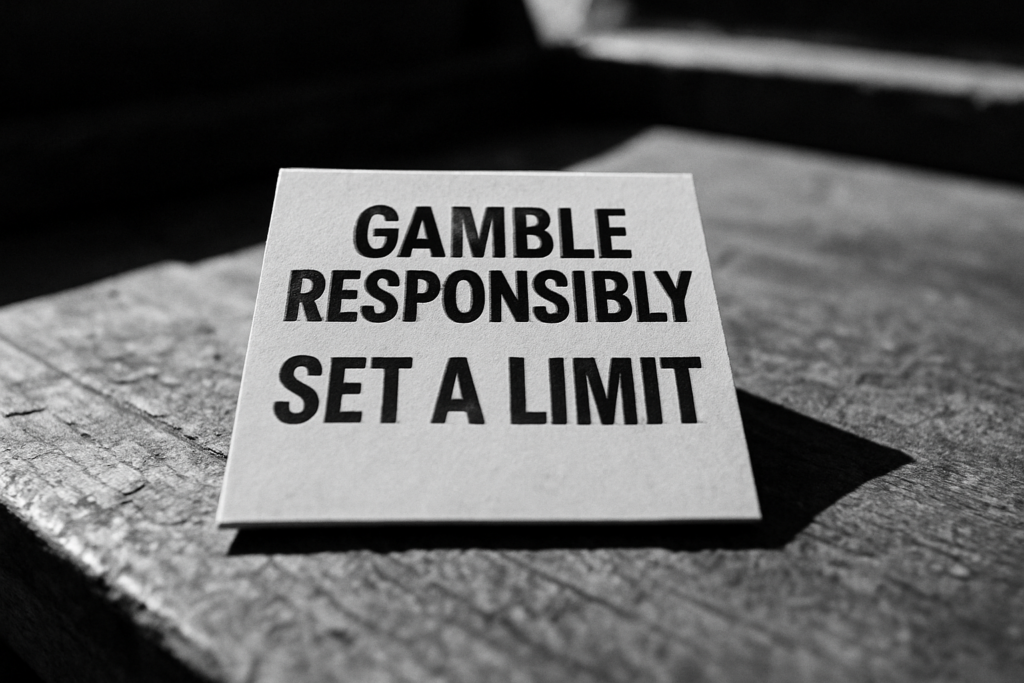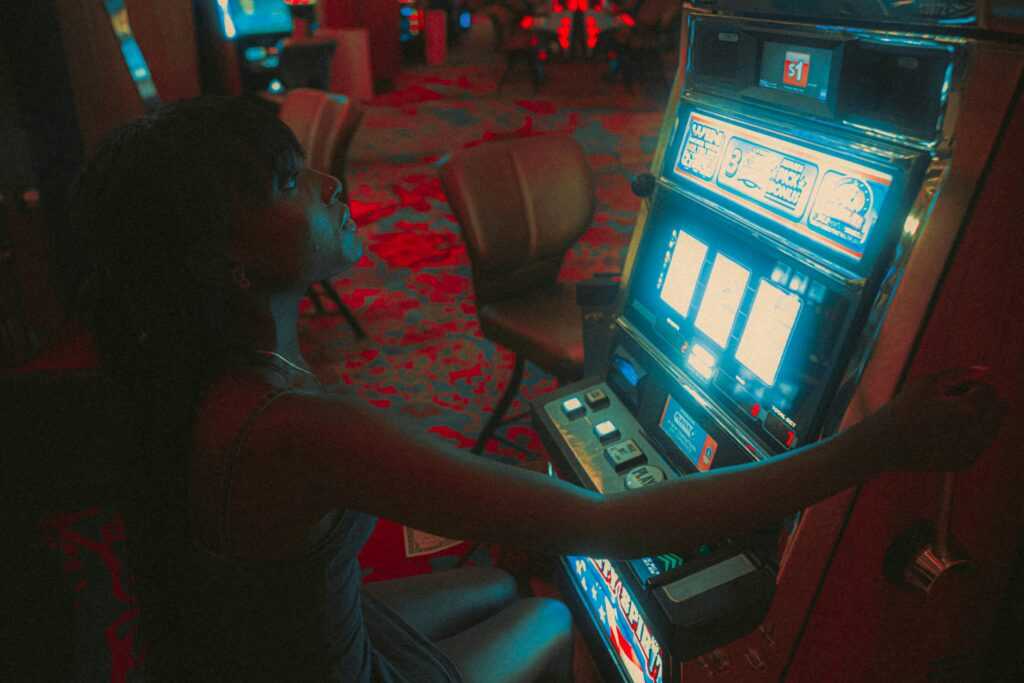Understanding Responsible Gaming
Responsible gaming ensures that players enjoy entertainment safely without harmful consequences. It relies on balancing enjoyment with mindfulness to prevent problematic behaviors.
What Is Responsible Gaming?
Responsible gaming involves practices and policies designed to protect players from excessive or harmful gaming behaviors. This includes:
- promoting self-awareness
- setting limits on time
- money spent
ensuring that gaming remains a fun activity rather than a compulsion. Key elements include player education, tools for self-regulation, and preventive measures like age restrictions. For instance, many platforms incorporate features allowing players to set spending caps or track playtime as proactive safeguards.
Importance of Promoting Responsible Gaming
- Promoting responsible gaming safeguards player well-being and enhances the industry’s credibility.
- Players engaging responsibly are less likely to incur financial or emotional distress, ensuring a positive relationship with gaming.
- From an industry perspective, fostering responsible gaming builds trust among communities and regulators, which can lead to sustained growth.
- Educational campaigns, visible in-game reminders, and partnerships with advocacy groups play a significant role in spreading awareness of responsible habits.
- Integrating messages about balance and moderation within games encourages healthier long-term gaming experiences.
The Intersection of Entertainment and Responsible Gaming

Entertainment shapes player experiences by blending enjoyment with education. Integrating responsible gaming themes into entertainment fosters awareness while maintaining engagement.
How Entertainment Can Educate Players
Games, shows, and apps can teach responsible gaming principles through interactive learning. Educational features like tutorials or challenges demonstrate setting limits on game time or spending. For example, simulation games can model balanced choices and consequences, helping players internalize healthy gaming habits.
Story-driven content also imparts important lessons. Narratives addressing addiction or excessive play promote empathy and encourage self-reflection. Entertainment works best when it motivates players to make informed decisions.
Leveraging Media to Raise Awareness
Media platforms effectively promote responsible gaming by reaching diverse audiences. Campaigns broadcasted through streaming, social media, or advertisements inform viewers about safer gaming practices. For instance, targeted ads during esports events remind players to take breaks.
Collaborations enhance impact. Partnerships with influencers spread messages to gaming communities, normalizing responsible habits. Incorporating responsible gaming themes in blockbuster films or series reinforces these messages, aligning gaming culture with mindfulness.
Examples of Entertainment Supporting Responsible Gaming
Entertainment actively encourages responsible gaming through various methods that merge education and engagement. From gamification tools to widespread industry campaigns, diverse strategies ensure players understand and adopt healthier habits.
Gamification and Interactive Tools
Gamification transforms responsible gaming education into engaging activities. Incorporating features like progress tracking, reward systems, and interactive tutorials helps increase player awareness. For example, some games include built-in reminders when players exceed set playtime limits, keeping the focus on balanced gaming. Apps designed for player self-assessment use gamified questionnaires to highlight potential harmful behaviors, fostering mindfulness through fun experiences. By integrating tools that make learning intuitive, entertainment can ensure responsible gaming principles become part of the player’s journey.
Campaigns and Initiatives in the Entertainment Industry
The entertainment industry implements targeted campaigns to champion responsible gaming. Streaming platforms, for instance, feature advertisements emphasizing healthy gaming habits or collaborate with creators to amplify these messages. In 2022, organizations like the International Gaming Institute partnered with streaming services to launch PSAs addressing excessive gaming. Similarly, initiatives such as Responsible Gaming Awareness Weeks engage audiences through discussions, content, and storytelling that resonate with communities. These efforts aim to normalize responsible behaviors by embedding them in the cultural fabric of entertainment.



 Steven Alfonso – Senior Gambling Analyst
Steven Alfonso serves as the Senior Gambling Analyst at Gamble Wise Roll, bringing a wealth of industry knowledge and analytical expertise to the platform. With a background in gaming economics and market research, Steven delves into the latest trends shaping the gambling world, from emerging skill-based betting opportunities to regulatory shifts and technological advancements. His in-depth reports provide a comprehensive look at how the industry is evolving, offering valuable insights for both casual players and seasoned professionals. Passionate about data-driven decision-making, Steven ensures that Gamble Wise Roll remains at the forefront of industry analysis, helping readers understand the risks, opportunities, and strategies that define modern gambling.
Steven Alfonso – Senior Gambling Analyst
Steven Alfonso serves as the Senior Gambling Analyst at Gamble Wise Roll, bringing a wealth of industry knowledge and analytical expertise to the platform. With a background in gaming economics and market research, Steven delves into the latest trends shaping the gambling world, from emerging skill-based betting opportunities to regulatory shifts and technological advancements. His in-depth reports provide a comprehensive look at how the industry is evolving, offering valuable insights for both casual players and seasoned professionals. Passionate about data-driven decision-making, Steven ensures that Gamble Wise Roll remains at the forefront of industry analysis, helping readers understand the risks, opportunities, and strategies that define modern gambling.
